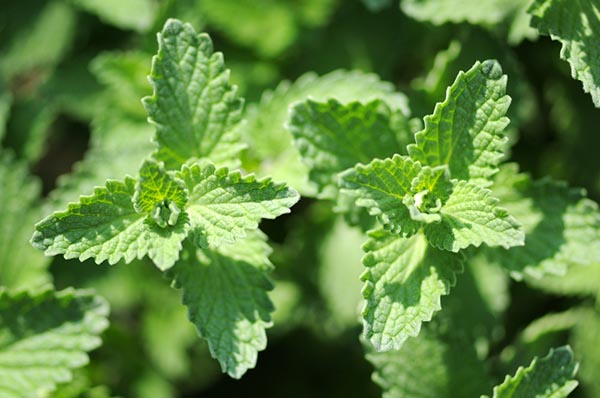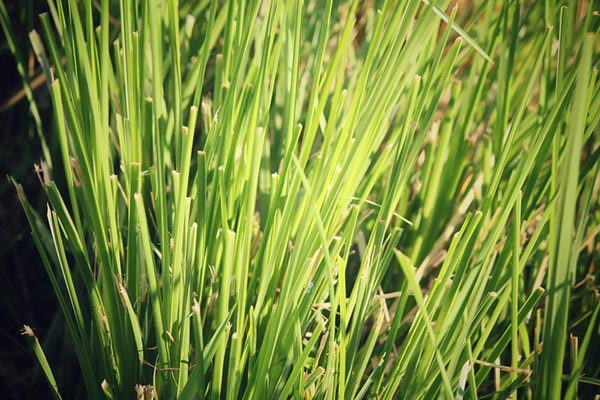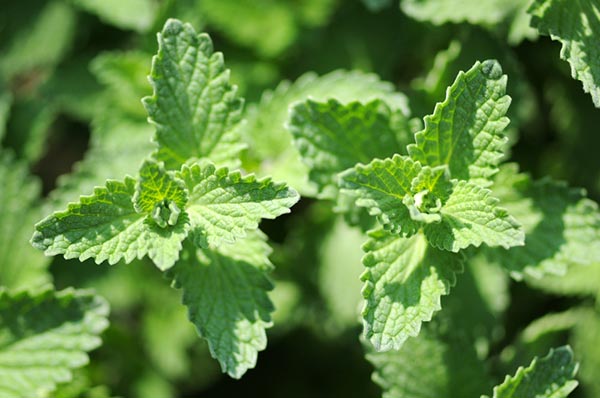In addition to treatments that can be used to deter termites from using your home as a food source, you may also be wondering if there are plants that keep termites away.

Termites are determined little insects, and it often requires professional help to keep them away from your home. In addition to treatments that can be used to deter them from using your home as a food source, you may also be wondering if there are plants that keep termites away.
Plants that Repel Termites
There are a number of plants rumored to act as termite repellents, but more research is needed for most of them. However, it seems that two plants, catnip and vetiver grass, have shown promise in studies as termite repellents.
According to the Louisiana State University Agricultural Center (LSU AgCenter), research shows that vetiver grass contains compounds that repel Formosan subterranean termites.
 Vetiver grass
Vetiver grass
"Vetiver grass contains a natural repellent to the Formosan subterranean termite. Vetiver grass is a type of bunch grass related to sugarcane and lemon grass. Because of its massive and fast- growing root system, it is known around the world for its ability to reduce erosion. It is native to India and has been grown in Louisiana for about 200 years. The fast-growing roots contain essential oils used in citrus sodas, soaps and perfumes....
In the late 1990s, a Louisiana entrepreneur, Don Heumann, and his wife, Judy, brought vetiver plants to the attention of LSU AgCenter researchers, who found that a major substance — vetivone — was well-known to be the major insect-repelling chemical in vetiver grass extracts. This initiated an investigation into similar chemicals that might affect termites. One such chemical was found — nootkatone — which became a lead compound in termite control research. Scientists tested the roots and found them to contain other repellent and toxic compounds effective against Formosan termites in the laboratory."
More research is needed to determine just how effective vetiver grass is, but scientists at the LSU AgCenter are looking into whether or not planting it as a hedge around a home acts as enough of a barrier to discourage subterranean termites.
Another plant that repels termites — in lab studies at least — is catnip. Scientists at the U.S. Department of Agriculture's Forest Service Southern Research Station (SRS) saw good results when using catnip oil as a termite repellent in sandy soil. According to Chris Peterson, a researcher with the SRS, tests using the essential oils distilled from catnip showed that the oils repelled termites, and in high enough concentrations, even killed them.
"For their termite study, Peterson and Ems-Wilson infused sand with catnip essential oil — the kind routinely sold in pet stores — to test the effectiveness of the oil as a barrier to termite tunneling. … In both tests, catnip oil reduced or eliminated termite tunneling. Peterson and Ems-Wilson also tested the catnip oil for its toxicity to termites by treating them directly with a dilution of the oil, fumigating them, and exposing them to catnip-infused soil. The researchers carefully counted the termites in the multiple tests on barriers to make sure the barrier-effect they found was not due to termite mortality. 'At higher concentrations, the oil does kill termites, but not as effectively as the commercial compounds currently used in soil treatments,' said Peterson. 'Our results show that catnip oil is a very effective deterrent to termite tunneling, with the effective doses tested much lower than those reported for similar natural products.'"
 Catnip
Catnip
While his research shows promise, Peterson said catnip oil breaks down more quickly in soil than the termiticides used in conventional treatments. There has also not been enough testing done to determine whether or not the treatment is safe to use in the field, or whether planting catnip near your home would also act as a deterrent.
While this research is intriguing, there is not enough evidence to support the long-term efficacy of plants acting as termite repellents. The ability of plants to repel termites in small scale studies does not indicate that such plants could protect an entire home. A conventional termite treatment is still the best way to make sure your home is protected from these pests.



